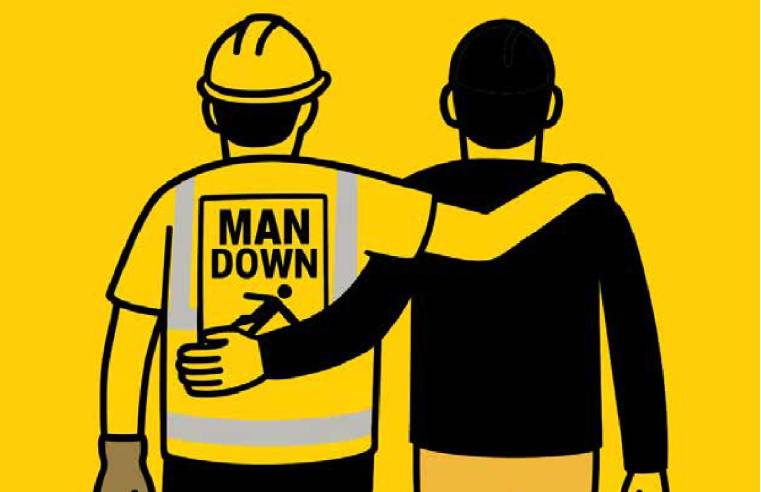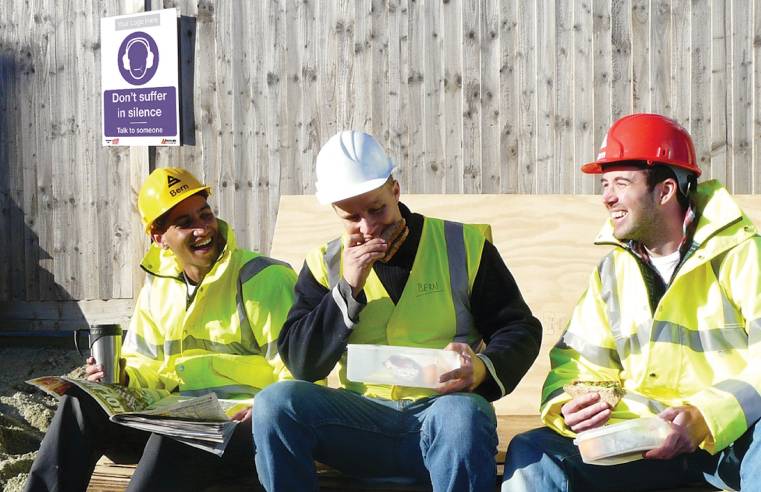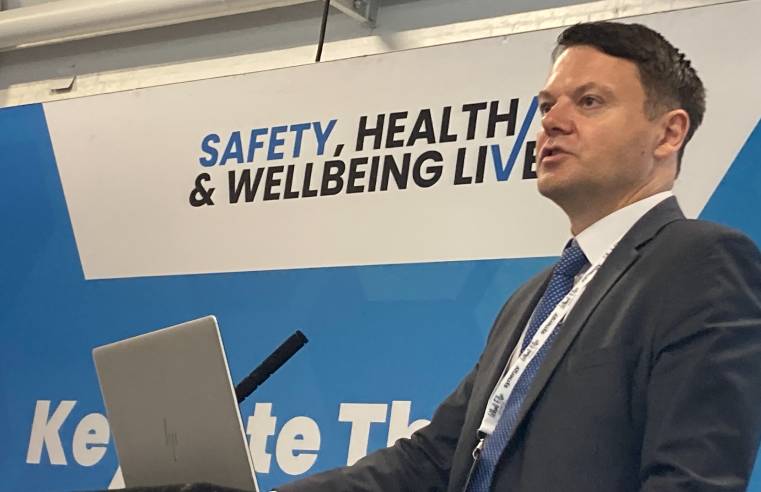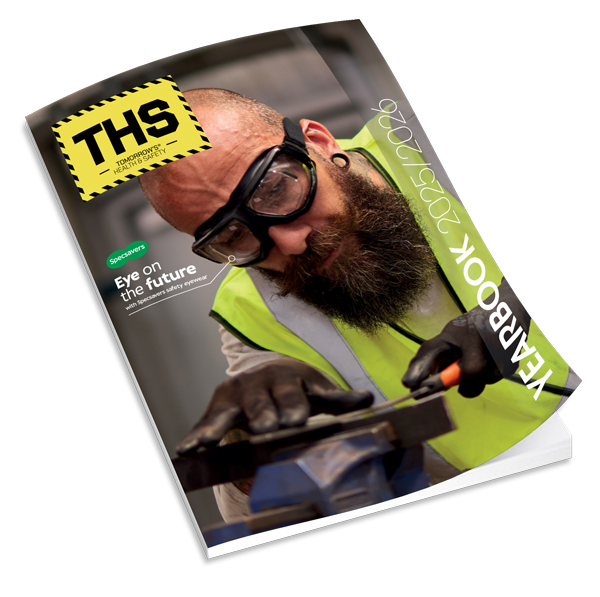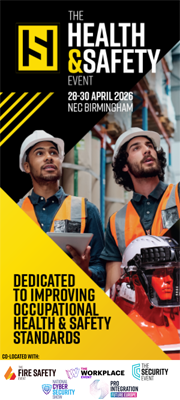ONE IN FOUR LEAVE JOB DUE TO MENTAL HEALTH

Published on 11/10/2018
One in four people working in human resources and administration has left a job due to mental health problems, research by first aid charity St John Ambulance has found.
The survey of 1,000 employees responsible for booking first aid courses with the charity also showed a tenth of employers did not recognise stress as a condition, despite being aware of it as a growing problem.
The findings were revealed as St John Ambulance announced it would host its first national summit on mental health best practice in the workplace this December – just over a year since it began working with Mental Health First Aid England to train people in this area.
Mental health first aid training gives people the ability to spot signs of mental illness and the skills to support themselves or others, including how to talk about a subject often seen as taboo.
The research found a further 43% said they had considered leaving a job due to stress or mental health issues and yet less than a fifth (19%) of organisations where they worked had mental health policies in place.
Nearly two thirds (65%) said they would feel uncomfortable asking for a mental health sick day – with embarrassment being the top reason cited, followed by not liking to take time off work and not wanting to let colleagues down.
Individual responses from the employees surveyed included comments such as “I would feel judged as they wouldn’t understand,” and “I would not get paid.”
On a more positive note, over a third (37%) said their employer recognised stress as a valid condition and worked to help. However, more than a quarter (26%) said bosses did little or nothing to help. Six out of 10 people said they felt their employer should be doing more to address mental health issues.
In a separate survey last month [Sept] of 800 people who had attended general first aid courses with St John Ambulance, more than half (55%) were unaware that employees had rights if treated unfairly by their bosses on mental health grounds. Nine out of 10 people (94%) felt that organisations should have a mental health policy.
Debbie Adwent, operations manager for St John Ambulance, said: “We believe these results reflect the experiences of the wider workforce and urge employers to take the mental health and wellbeing of their workforce seriously. This latest research plus the rapidly rising demand for our workplace mental health first aid courses show this is an issue all employers should be getting to grips with.
“Problems arise for people working in all sectors – from finance to education to construction. If not handled well, stress and mental health issues go on to have a serious impact on people in their work as well as private lives.
“As the country’s leading general first aid trainer, we’ve decided to take a lead in helping employers and their staff take care of mental health too.”
The new national conference, Embedding Mental Health in the Workplace Summit, is to take place from December 6th to 7th at the King’s Fund, Cavendish Square, London.
The event will include workplace case studies and insights from Coutts, Virgin Money, UBS and Goldman Sachs banks, construction giant Mace and University College London, as well as advice from clinical experts such as the former head of Public Health England’s adult wellbeing, Justin Varney, and the international best-selling author on depression, Rachel Kelly.
The charity also reported a sharp rise in demand for its half, full and two-day mental health first aid courses since they began in 2017. More than 5,000 people are expected to have been trained by St John Ambulance by the end of the year.
For more information on the national conference, visit or see https://sja.org.uk/mentalhealth_summit_2018 and sja.org.uk/MentalHealthInFocus for mental health courses.
One in four people working in human resources and administration has left a job due to mental health problems, research by first aid charity St John Ambulance has found.
The survey of 1,000 employees responsible for booking first aid courses with the charity also showed a tenth of employers did not recognise stress as a condition, despite being aware of it as a growing problem.
The findings were revealed as St John Ambulance announced it would host its first national summit on mental health best practice in the workplace this December – just over a year since it began working with Mental Health First Aid England to train people in this area.
Mental health first aid training gives people the ability to spot signs of mental illness and the skills to support themselves or others, including how to talk about a subject often seen as taboo.
The research found a further 43% said they had considered leaving a job due to stress or mental health issues and yet less than a fifth (19%) of organisations where they worked had mental health policies in place.
Nearly two thirds (65%) said they would feel uncomfortable asking for a mental health sick day – with embarrassment being the top reason cited, followed by not liking to take time off work and not wanting to let colleagues down.
Individual responses from the employees surveyed included comments such as “I would feel judged as they wouldn’t understand,” and “I would not get paid.”
On a more positive note, over a third (37%) said their employer recognised stress as a valid condition and worked to help. However, more than a quarter (26%) said bosses did little or nothing to help. Six out of 10 people said they felt their employer should be doing more to address mental health issues.
In a separate survey last month [Sept] of 800 people who had attended general first aid courses with St John Ambulance, more than half (55%) were unaware that employees had rights if treated unfairly by their bosses on mental health grounds. Nine out of 10 people (94%) felt that organisations should have a mental health policy.
Debbie Adwent, operations manager for St John Ambulance, said: “We believe these results reflect the experiences of the wider workforce and urge employers to take the mental health and wellbeing of their workforce seriously. This latest research plus the rapidly rising demand for our workplace mental health first aid courses show this is an issue all employers should be getting to grips with.
“Problems arise for people working in all sectors – from finance to education to construction. If not handled well, stress and mental health issues go on to have a serious impact on people in their work as well as private lives.
“As the country’s leading general first aid trainer, we’ve decided to take a lead in helping employers and their staff take care of mental health too.”
The new national conference, Embedding Mental Health in the Workplace Summit, is to take place from December 6th to 7th at the King’s Fund, Cavendish Square, London.
The event will include workplace case studies and insights from Coutts, Virgin Money, UBS and Goldman Sachs banks, construction giant Mace and University College London, as well as advice from clinical experts such as the former head of Public Health England’s adult wellbeing, Justin Varney, and the international best-selling author on depression, Rachel Kelly.
The charity also reported a sharp rise in demand for its half, full and two-day mental health first aid courses since they began in 2017. More than 5,000 people are expected to have been trained by St John Ambulance by the end of the year.
For more information on the national conference, visit or see https://sja.org.uk/mentalhealth_summit_2018 and sja.org.uk/MentalHealthInFocus for mental health courses.
Related News
Categories
- CHAS AT SAFETY & HEALTH EXPO 2022
- Agriculture
- Asbestos
- Cleaning
- Compliance & Risk Assessment
- Conferences
- Construction
- Courts
- Culture & Behaviour
- Ear Protection
- Education
- Emergency Evacuations
- Events
- Eye Protection
- Feature
- Fire & Electrical Safety
- Floor Safety
- Gas Detection & Monitoring
- Hand/Arm Vibration
- Hazardous Substances
- Health & Safety News
- Health and Safety Executive
- Hospitals & Healthcare
- Human Factors & Ergonomics
- Hygiene
- In the Courts
- Legislation
- Lone Worker Protection
- Mental Health
- Noise Monitoring
- PPE
- Plant Machinery & Site Safety
- Products & Services
- Prosecutions
- Protective Clothing
- Protective Workwear
- Reports
- Respiratory
- Slips, Trips & Falls
- Standards
- Stress
- Technology
- Training & Development
- Transport & Logistics
- Webinars
- Wellbeing
- Whitepapers
- Work-related Diseases
- Working at height






